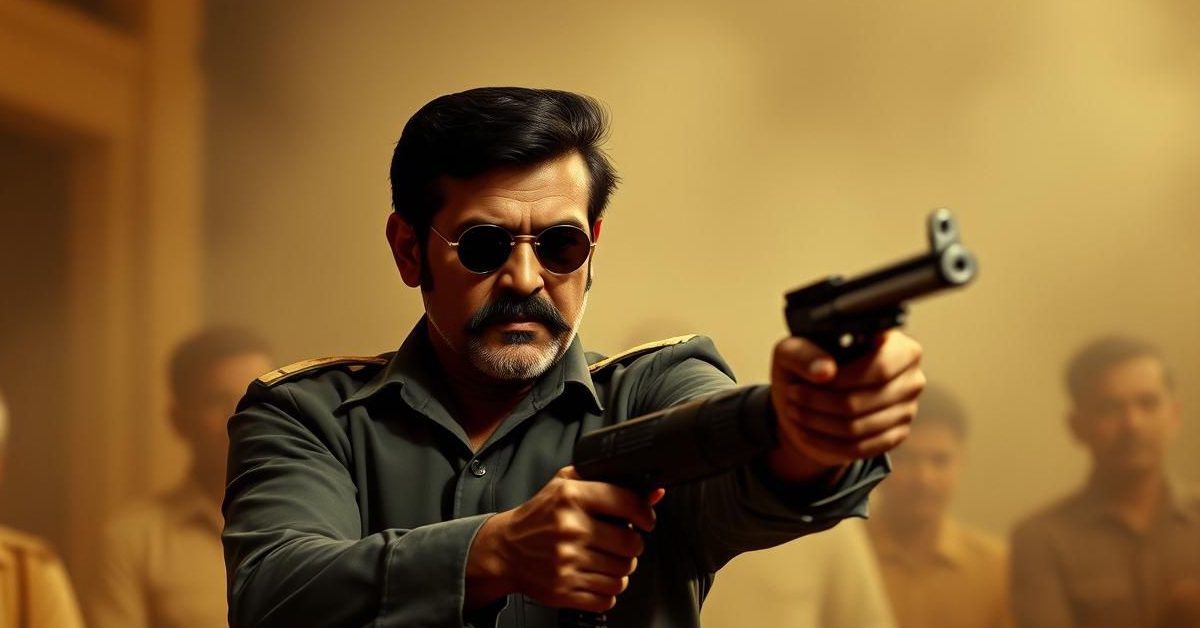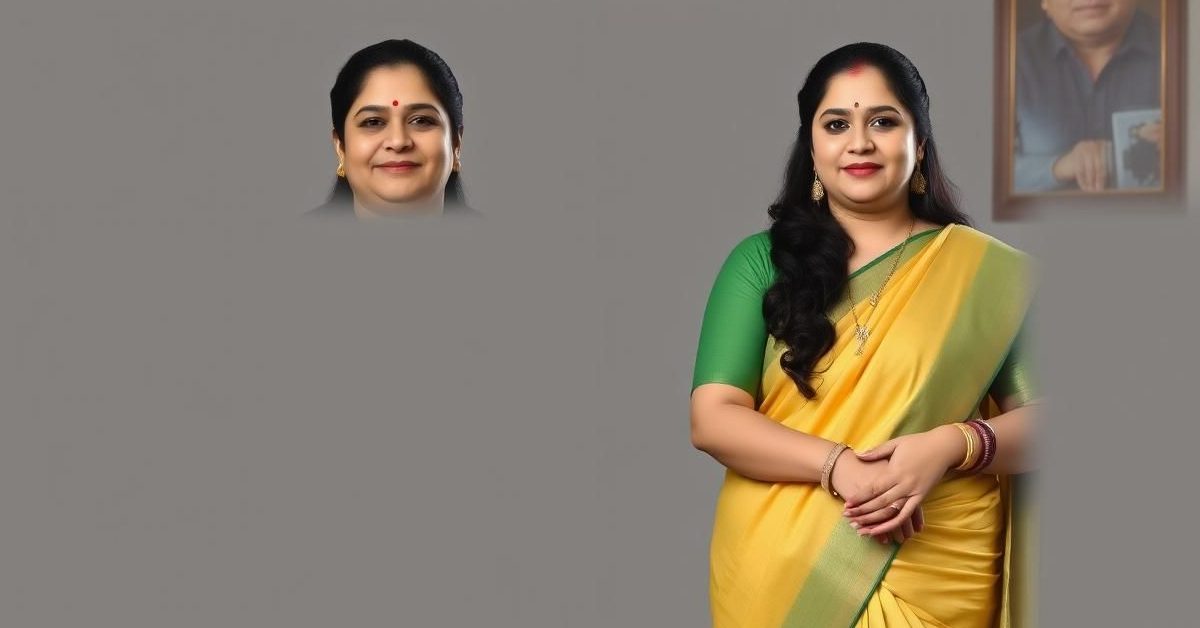The Shifting Sands of Stardom: Beyond Conventional Fame
To discern the essence of a “superstar” in any nation, one might merely glance at the headlines: chart-topping musicians, record-breaking athletes, or cinematic luminaries gracing red carpets. Their fame, though immense, often follows a predictable trajectory, celebrated primarily for their talent and commercial appeal. The criteria are largely performance-based, their impact measured in albums sold, tickets bought, or viewership numbers.
However, the query of what it truly signifies to embody a “Muslim superstar” propels us into an entirely distinct, often more intricate, terrain. This arena is far from straightforward; it’s an expansive, subtle landscape, constantly shifting and profoundly textured by layers of identity, expectation, and socio-political currents. It transcends mere accomplishment, delving deep into the very fabric of cultural representation and personal responsibility.
The Unique Burden of Being a Muslim Icon
For a Muslim individual achieving prominence in the public eye, particularly in Western nations, their celebrity often carries an additional, unwritten mandate. They are not merely entertainers or athletes; they frequently become inadvertent cultural ambassadors. Every action, every statement, every public appearance can be imbued with a significance far beyond their professional craft. They are scrutinized not just for their art or athleticism, but for their faith, their values, and how these intersect with prevailing narratives about Islam.
Consider figures like the legendary NBA Hall of Famer Kareem Abdul-Jabbar, whose conversion to Islam was a pivotal moment in his career and public life. Or the contemporary football sensation Mohamed Salah, whose humility and devotion are as celebrated by his fans as his incredible goal-scoring prowess for Liverpool FC. Their Muslim identity is inextricably woven into their public image, distinguishing them from their peers and often adding layers of pressure.
Navigating Dualities: Faith, Culture, and Mainstream Success
The journey of a Muslim superstar is often one of continuous negotiation between multiple identities. There’s the individual persona, the professional identity, and the religious identity, each demanding space and understanding. How does one maintain spiritual integrity while navigating the demands of a hyper-commercialized, often secular, entertainment industry? This delicate balance can manifest in various ways, from subtle personal choices to overt declarations of faith.
For actors like Mahershala Ali, an Oscar winner, or the acclaimed British Pakistani artist Riz Ahmed, their Muslim identity isn’t just a footnote; it’s a profound aspect of their being that informs their artistic choices and public advocacy. They confront pervasive stereotypes and work to expand the scope of Muslim representation beyond one-dimensional portrayals. Their success challenges preconceived notions and opens doors for future generations.
Beyond the Stereotype: Breaking Barriers and Building Bridges
In an era where misrepresentation and Islamophobia persist, Muslim superstars play an indispensable role in challenging entrenched stereotypes. Their visibility, success, and authenticity serve as powerful counter-narratives to prejudice and ignorance. When a celebrated personality like Zayn Malik, a global music icon, speaks openly about his heritage, or when supermodel Iman discusses her faith, they normalize Muslim identity within mainstream culture.
Their mere presence in prominent positions can dismantle misconceptions, one public appearance, one interview, one game at a time. They demonstrate the diversity within the Muslim community itself, showcasing individuals who are simultaneously devout, modern, talented, and contributing members of society. This direct exposure helps to humanize an often-maligned group, fostering greater understanding and empathy among wider audiences.
The Legacy of Influence: Inspiring a New Generation
Perhaps the most profound aspect of being a Muslim superstar lies in their potential to inspire millions. For young Muslims growing up across the globe, seeing someone who looks like them, shares their faith, and achieves monumental success can be incredibly empowering. These figures become tangible proof that ambition, talent, and faith are not mutually exclusive. They offer a blueprint for success without compromising one’s core values.
This inspiration extends beyond professional aspirations; it instills a sense of pride and belonging. Whether it’s a young aspiring athlete mimicking Salah’s moves or a budding artist drawing courage from Riz Ahmed’s trailblazing roles, the impact is immense. These stars embody the possibility of forging a unique path, contributing meaningfully to both their respective fields and to the broader societal dialogue around identity and belonging. The “Muslim superstar” is, therefore, more than just a celebrity; they are a beacon of hope and a catalyst for change.









